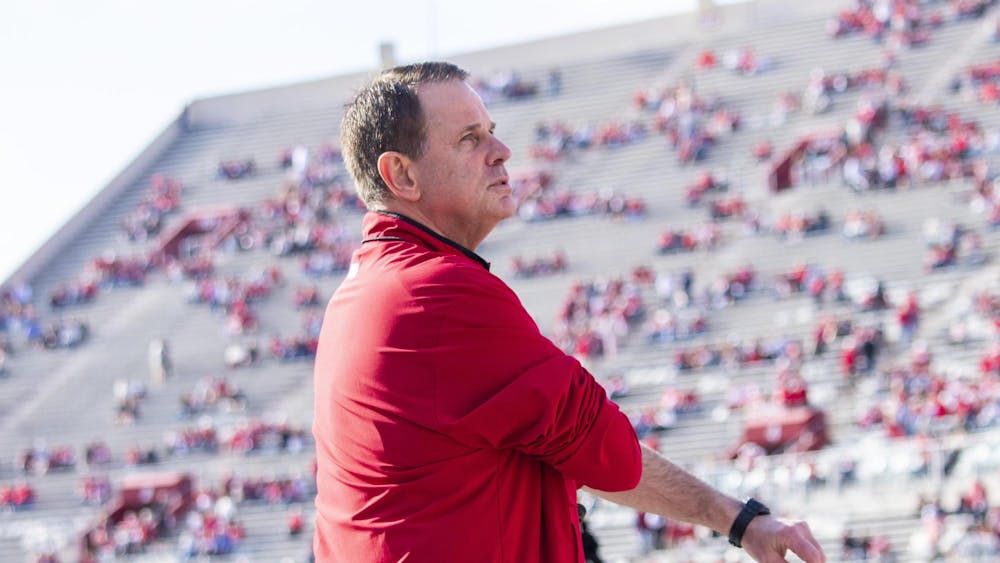Federal health officials recommended last week that 11- and 12-year-old boys receive routine vaccinations for human papillomavirus, which can cause genital warts and even cancer. They also recommend boys between the ages 13 and 21 who have not been vaccinated receive “catch-up” vaccinations.
The recommendations were made last fall by the Advisory Committee on Immunization Practices but were recently formalized by the 2012 immunizations schedule, which was published by the Annals of Internal Medicine.
ACIP recommended to the Centers for Disease Control and Prevention that boys as young as 9 years old should be able to receive the vaccination. The committee said Gardasil, the only recommended vaccine for males, has a greater impact on boys’ immune system between the ages of 11 and 12 and is most effective before exposure to the virus through sexual contact. Three doses of Gardasil must be taken within a six-month period.
Currently, males can receive HPV vaccinations through age 26, but the CDC is now highly recommending that boys receive routine doses of Gardasil at younger ages to also reduce cancer rates, said Joan Duwve, the chief medical director at the Indiana State Department of Health.
“Now we have efficacy data in boys against cancer, so it makes sense now to make that recommendation that boys get this vaccine as well,” Duwve said.
In 2006, the CDC recommended HPV vaccinations for girls ages 11 and 12, as well as for those through age 26. The next year, Indiana passed a law that required parents of girls entering the sixth grade to receive information about the link between HPV and cervical cancer, as well as information about the availability of the vaccines.
The schools receive the letters from the state and then send them to the parents, said Kathleen Hugo, the director of Special Education at the Monroe County Community School Corporation.
“It’s always an individual family decision,” MCCSC nurse Jane Pilgrim said.
She said the corporation has not yet received official instructions from the health department about the new vaccine guidelines for boys.
“We haven’t gotten any complaints from parents about vaccinations,” she said.
Twenty-eight percent of parents vaccinated their children against HPV, according to a health and wellness survey conducted by the MCCSC last fall.
The HPV vaccinations are now covered by most insurance plans and by the Vaccines for Children Program, a federal program for children who meet certain eligibility requirements. Duwve said the health department will likely send an update to providers, informing them about the new vaccine recommendations for boys.
“What I think will happen is that providers will see that this is a recommended vaccine and that it’s always a choice, but there will be a little bit more motivation for providers to recommend it,” she said.
The cost for all three doses of Gardasil is $360, and the private-sector cost for a single dose of Gardasil or Cervarix is $130. Both Cervarix and Gardasil can safely vaccinate girls.
Seven percent of Americans have an oral infection of HPV, according to a recent study published in the Journal of the American Medical Association. The study also found the oral infection of HPV was more than eight times more common among sexually active people. Fewer than one percent of people with no sexual experience had an oral infection of HPV.
Since HPV vaccinations for children were recommended in 2006, right-wing critics and concerned parents have argued that the vaccinations will encourage sexual activity at a young age.
“But the most important thing that we do is keep kids safe,” she said.
Federal health officials recommend vaccination
Get stories like this in your inbox
Subscribe




